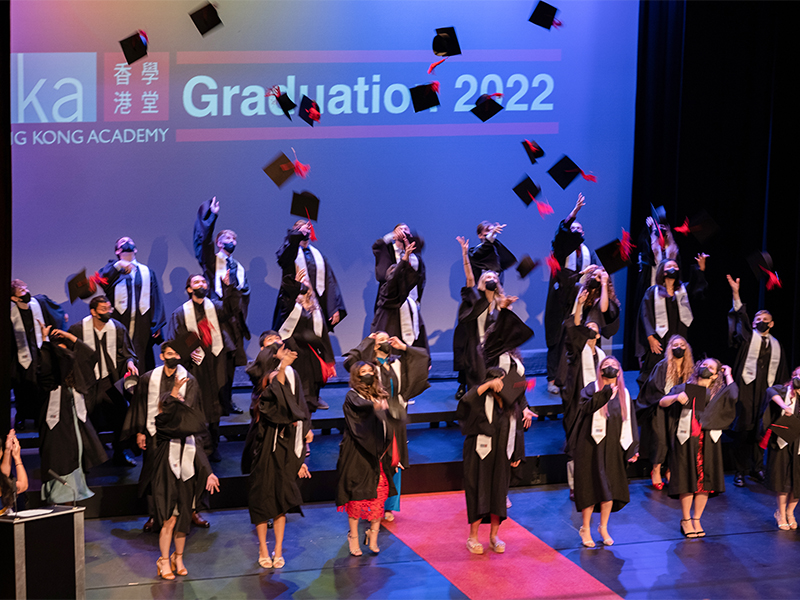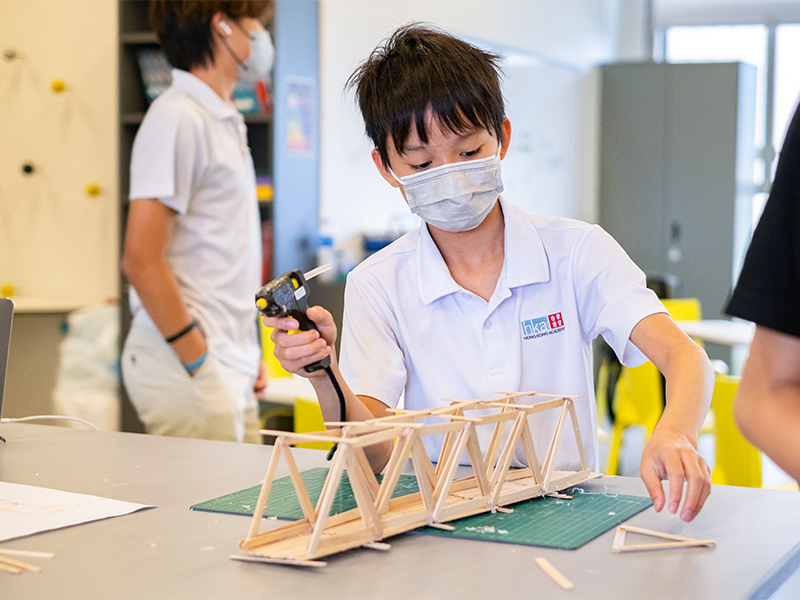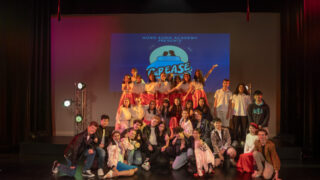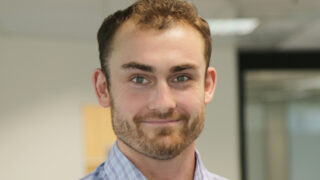TERESA TUNG is Secondary School Principal at Hong Kong Academy (HKA) in Sai Kung, where students are encouraged to take ownership of the things they learn and discover their place on the global stage. We find out more about her role and the school’s strong focus on self-directed learning.
When did you move to Hong Kong, and what does your role at HKA involve?
I arrived in 2019; I’m from just outside Washington, DC, and this is my first time living in Hong Kong. At HKA, I work closely with the secondary school faculty to deliver our learning programme, and with the Director of Student Support Services to provide a well-rounded programme for our students in terms of learning support, counselling support and English language learning. And, as a through school, I have the pleasure of collaborating with our Primary School Principal to ensure the continuity of our programme and our identity through school.

What do you think are some important qualities of being a Principal?
Having a love of working with young people, and really looking to support their growth and development in a variety of ways. I also think it’s important to always be focusing on the bigger picture.
No two days are the same in this job, and no two hours are the same. So, being able to be responsive to that but always grounded in our school mission and what we’re trying to create for the young people in our care and for the community is really key too.
What are you excited about for HKA in 2023?
Right now, we’re on our reaccreditation process with the Council of International Schools and we’re taking what’s called Pathway 2, which is an alternative way of achieving accreditation. Rather than just meeting basic school standards, we’re doing a deep dive into global citizenship and what it means to be a school that really nurtures global citizenship at its core.
I’m really excited for this, as I think it’s how we continue to evolve and build on our strengths, without just resting on our history. Yes, we’re in our 23rd year and we are an IB school. But how do we continue to nurture identity and improve the programmes we have for our students and our community, to be the best possible place to meet their needs.
There’s a strong emphasis at the school on self-directed learning. Could you tell us a bit about this?
Self-directed learning is one of the many buzzwords in education, and I link it back to the idea I just mentioned of global citizenship. What we want for students of HKA is for them to know themselves, and know what they want to be in the world and how they want to contribute to it. Self-directed learning really helps students in that process of knowing and navigating, and all the skills that are nested within that idea – so, research skills and media literacy (how do you find good quality information?), working collaboratively with other people, developing communication skills and more. All the things that can help you be self-directed, independent and agentic in the world, rather than just wait for someone else to tell you what to do.
HKA isn’t a place where you just wait for the teacher to tell you what to do before responding. It’s a place where students consider how they can really access the support of adults to help develop their learning, and take ownership and develop independent skills for being a good citizen and a good person.
Can you give a specific example of self-directed learning in practice?
An example in the middle years is our Flex Block Programme, which is dedicated periods throughout the week where students spend time with academic mentors, choosing their own projects and the learning they want to work on. While one might be working on an academic goal, such as a science project, another might be collaborating on something beyond the classroom. Last year, we had a group of students help the school apply for a government fund to get solar panels, which are being installed. This flexitime is dedicated to students directing what they want to do.
There’s also a lot of self-directed learning in the higher years, from the internal choices that Grade 11 and 12 students make in the big projects and assignments they do for the IBDP, to participating in the Global Citizen Diploma Programme and the experiences that students choose to put into their portfolios. The latter might be outside of schoolwork – for example, the students who did a football coaching qualification last year and who are now implementing that in school to coach younger students.
All of this is rooted in that same idea of helping them to be self-directed, figure out what they’re interested in and apply that in ways that are meaningful.
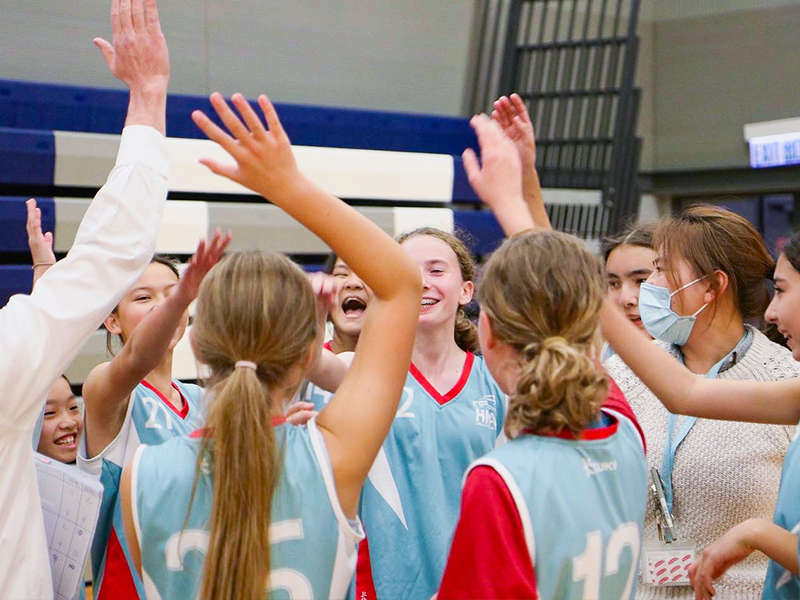
How do you find students respond to self-directed projects?
They really embrace this type of learning. Of course, every student is different – some need more support; and that’s the role of the teacher as a mentor and a facilitator, to know each of the students really well, and provide help where it’s needed. And that applies from Grade 6 through to Grade 12. This goes back to HKA being a community school; knowing our students really well means we can provide that individualised support.
What are some other approaches in place at HKA for 2023?
The big thing is really continuing to refine our identity as a school. We’re a unique school in Hong Kong and we want to continue to be true to who we are, and responsive to the needs of the community. Nested within that is thinking about diversity, inclusion, justice and anti-racism and how they are delivered at HKA; we’ve always been an inclusive school, but we need to continue to examine that as the world continues to change.
Artificial intelligence is another big issue – what it means for academic integrity, for exams and for the future. And it’s not just about responding to the next thing, but ensuring that our learning programmes are always designed for the students’ present and future. The world they’re living in now is already radically different from the world we grew up in – it’s radically different even from last year! The future will also be radically different.
How do we ensure our programmes give them the experience that enables them to be joyful, successful, contributing global citizens now and in the future?
That’s what lies ahead as we refine what we’ve always done really well and continue to think about new things and embed them in our curricular offerings and our co-curricular programmes.
What do you like to do in Hong Kong in your downtime?
I have two young kids, so a lot of it is spent slowly walking down from Nam Shan into town, going to the square playground, and to the waterfront. I feel so lucky here in Sai Kung, spending time with my kids in this idyllic place, exploring the amazing nature and taking advantage of things opening up again.
Hong Kong Academy Secondary School is at 33 Wai Man Road, Sai Kung, New Territories.
This article first appeared in the Spring 2023 issue of Expat Living magazine. Subscribe now so you never miss an issue.

